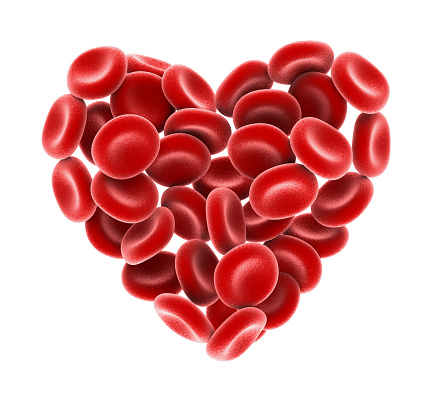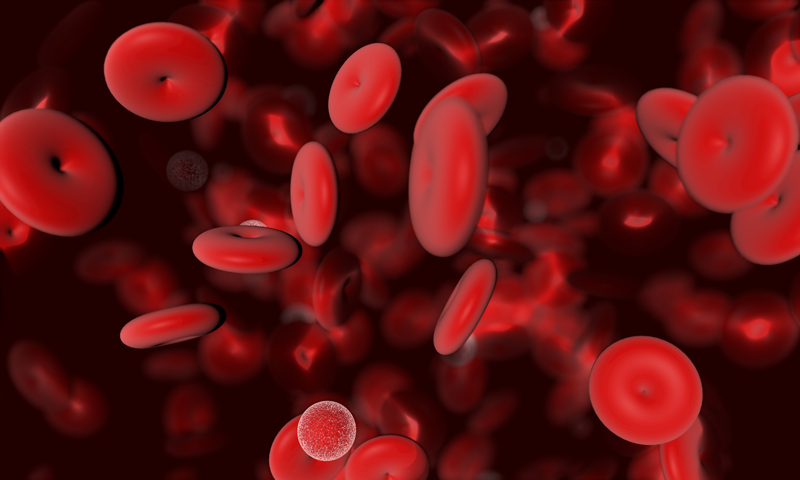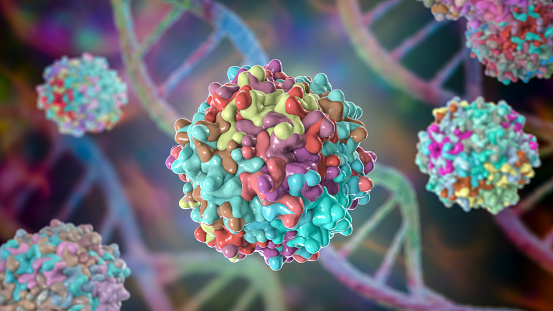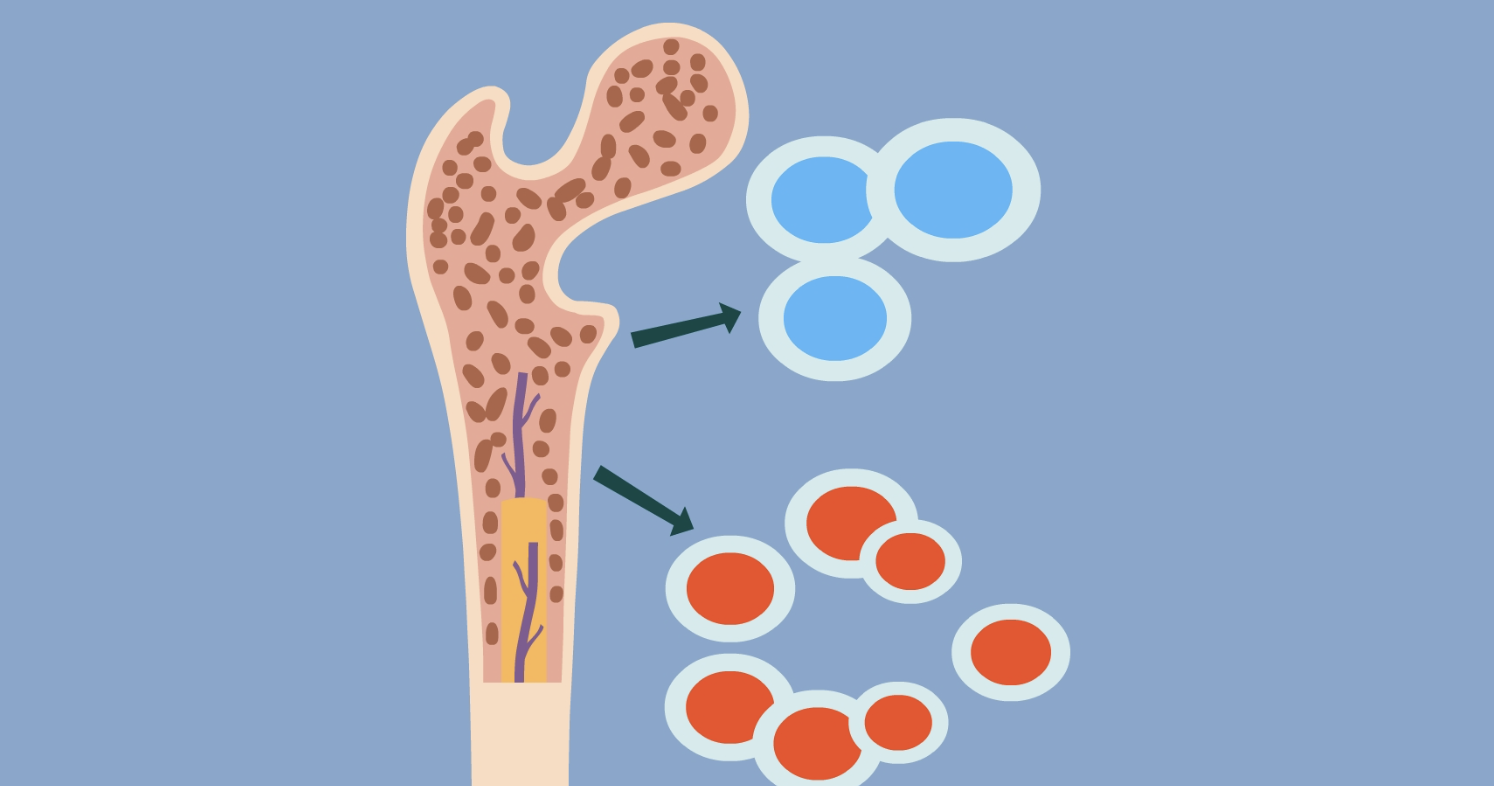Medical
The World's First Gene Therapy For Haemophilia Approved! A Single Infusion That Greatly Reduces Patient Bleeding!
The European Union has recently approved Roctavian, the first gene therapy for haemophilia A. The therapy has led to a significant reduction in the average number of annual bleeds and the average number of annual clotting factor VIII transfusions in patients with this severe bleeding disorder, and has a good safety profile.

Recently, the European Commission granted marketing authorisation for the gene therapy Roctavian (valoctocogene roxaparvovec) for the treatment of adult patients with haemophilia A. Patients are required to have no history of coagulation factor VIII inhibitors and no detectable antibodies to AAV5. It is worth noting that Roctavian is the first gene therapy to be approved for the treatment of haemophilia A.

The European Commission noted that Roctavian is expected to provide significant clinical benefit for patients with severe haemophilia A, even with other treatments.

Haemophilia A, also known as haemophilia A, factor VIII deficiency, AHG (anti-haemophilic globulin) deficiency and true haemophilia, is a bleeding disorder due to abnormalities in clotting factor VIII and is a recessive genetic disorder on the X chromosome. Its clinical presentation is characterised by delayed, persistent and slow bleeding.

According to information from the Information Access Platform, the prevalence of haemophilia is 2.73 per 100,000 population, with haemophilia A accounting for 80-85% of cases and approximately 50%-60% of patients being heavy patients with
<2% clotting factor VIII in their plasma, often with severe bleeding before the age of 2, or even bleeding profusely when the umbilical cord is tied.>
Roctavian is a one-time infusion gene therapy that, by delivering a functioning gene to the patient, can spontaneously produce clotting factor VIII and hopefully protect the patient from bleeding for several years. Patients do not need to receive two to three intravenous infusions of coagulation factor VIII per week or one to four bispecific monoclonal antibody infusions per month, significantly reducing the burden of treatment on patients.
The approval is based on extensive data from the Roctavian clinical development programme, including 2-year results from the global GENEr8-1 Phase 3 study. The study showed that Roctavian consistently and durably controlled bleeding in patients, including a reduction in the average annual number of bleeds and the average annual number of clotting factor VIII transfusions in patients.

Safety-wise, Roctavian was well tolerated with no long-term treatment-related side effects, most of which occurred early, including infusion-related adverse reactions and mild to moderate elevations in liver enzymes, but no long-term clinical sequelae. Other side effects included nausea, headache and fatigue. No patients developed coagulation factor VIII inhibitors (the development of inhibitors is a serious complication of long-term coagulation factor VIII infusion), no venous thrombosis, and no Roctavian-related malignancies.
-
![]()
![]() MedicalDec 24, 2024
MedicalDec 24, 2024Intestinal flora can help the human body resist virus infection
-
![]()
![]() MedicalDec 23, 2024
MedicalDec 23, 2024New Treatment Effective In Up To 73% Of Multiple Myeloma Patients!
-
![]()
![]() MedicalDec 22, 2024
MedicalDec 22, 2024Why excimer laser can treat myopia
-
![]()
![]() MedicalDec 21, 2024
MedicalDec 21, 2024More Significant Survival Benefit For Non-Small Cell Lung Cancer Patients Under 55 Years Of Age, Also Using Immunotherapy!
-
![]()
![]() MedicalDec 20, 2024
MedicalDec 20, 2024New Study: Nmn Supplementation Activates Longevity Proteins To Reduce Stem Cell Senescence And Restore Mitochondrial Function




